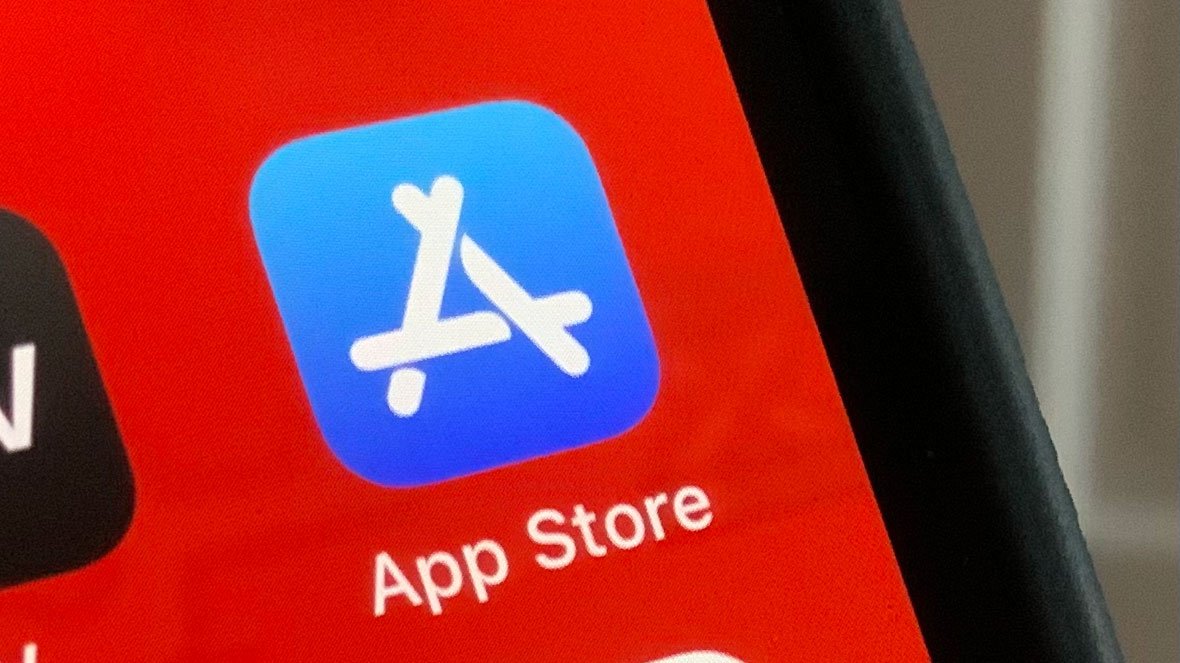Apple’s Big Move: Distributing iOS Apps Directly from the Web to EU Users
Apple is making a big change for developers located in the European Union. Rather than through its traditional App Store, apps can now be directly distributed from the web.
This move, which will be implemented in “late spring,” comes as a response to the bloc’s Digital Markets Act (DMA). According to the law, Apple’s App Store and iOS are considered “core platform services” with strict regulations on how they can operate.
The release reads, “Web Distribution, available in a software update later this spring, will let authorized developers distribute their iOS apps to EU users directly from a website the developer owns and operates.” Apple will provide access to APIs to facilitate this distribution as well as integrate system functionality, backup and restore apps, and more.
However, Apple is requiring that apps meet its Notarization requirements for platform integrity, and must be installed from a website domain registered with Apple in App Store Connect. Additionally, iOS users must approve the installation and will see a “system sheet” with information required for Apple’s review, such as app name, developer name, description, screenshots, and age rating.
Originally, Apple’s proposed plan for DMA compliance did not include web-based distribution of apps. However, a backlash from developers calling out its narrow and self-serving interpretation of the rules prompted a change in stance. Additionally, the European Commission has been closely monitoring Apple’s actions and recently reinstated the developer account of one of Apple’s most vocal critics, Epic Games.
In an effort to provide more flexibility for developers distributing apps in the EU, Apple has made several other changes to its DMA compliance offer. These include reducing certain criteria that developers must meet and dropping a restriction on alternative app marketplaces, which can now offer only their own apps.
Effective immediately, Apple has also lifted the requirement for developers to use its own design templates for linking out to the web for in-app purchases. Instead, developers can choose how to design promotions, discounts, and other deals when directing users to complete a transaction on their own website.
Apple reiterated, “We’re providing more flexibility for developers who distribute apps in the European Union (EU), including introducing a new way to distribute apps directly from a developer’s website.” However, there are still criteria that developers must meet in order to qualify for this new option.
To be eligible for web distribution of iOS apps, developers must be incorporated, domiciled, or registered in the EU, or have a subsidiary legal entity within the EU listed in App Store Connect. They must also be a member in good standing of Apple’s developer program for two continuous years or more, and have an app with over one million first annual installs on iOS within the EU.
In addition to these requirements, developers must adhere to certain behavioral pledges, including responsiveness to communication from Apple regarding any fraudulent, malicious, or illegal behavior and ensuring transparent data collection policies are in place for user control over data. Developers must also follow all applicable laws in the EU, such as the Digital Services Act and General Data Protection Regulation.
This explicit requirement for compliance with other EU laws gives Apple a way to regulate web distribution of iOS apps through a privacy and consumer rights lens for third-party businesses. This means that companies with a history of GDPR violations or other consumer protection issues, such as adtech giant Meta, may not qualify for web distribution under Apple’s criteria.
Overall, Apple’s decision to allow iOS app distribution directly from the web to EU users marks a significant change in their approach and compliance with the bloc’s laws. As the spring season approaches, developers and users alike will be watching closely for further updates on this development.









[…] software engineer Samuel Newman. Newman, who gained recognition for his third-party Bluesky app Graysky, will now be joining the startup as part of the frontend team to help develop […]